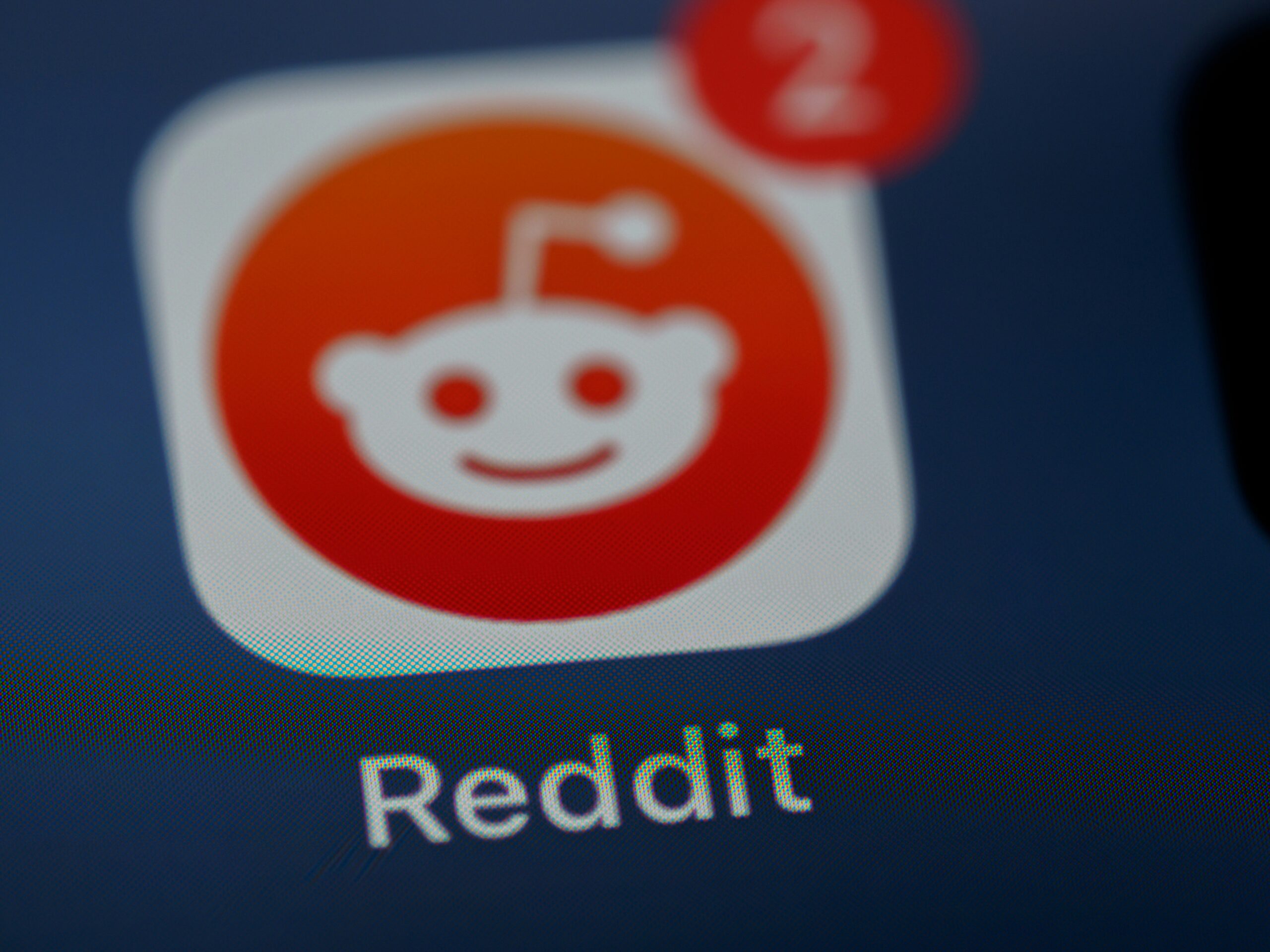Image credit: Unsplash
For the past few years, Artificial Intelligence (AI) has been steadily implemented into roles of increasingly large size within numerous industries. What was once viewed as an outlier fad has now become an integral element of business’s plans and strategies, assisting them in forming prognostications for the future. However, with such widespread implementation and embracing of the technology has also come substantial pushback and even controversy. As such, the ethical use of supervised AI in marketing needs a balance between automation and human oversight for efficient user acquisition and retention.
Supervised AI: A Game-Changer for Marketing
Supervised AI involves using AI systems with a human worker or team of human workers standing by to oversee and handle their application in marketing. While AI has proven capable of tackling vastly larger quantities of work in much smaller windows of time, it is actively displacing human workers.
Another element that has generated much backlash toward the use of AI tools in professional spaces (especially in artistic fields such as movies, writing, or marketing materials) is ill-defined originality in AI-generated works. An AI system is good at consuming, analyzing, and regurgitating information, but when it comes to works of artistry or originality, this procedure actively hampers the system’s work. To this end, AI systems work best when they are not left to their own devices but rather are overseen and supervised by capable and experienced human workers. By utilizing these methods, companies can reap the benefits of combining AI neural networks with human oversight, maximizing quantity and quality in the process.
Ethics in AI-Powered Marketing
As gifted as AI is at parsing numbers and data sets, complex human emotions and struggles are far more difficult for the tools to grasp adequately. Because of this, there are numerous challenges in ensuring ethical decision-making in AI systems, ones that the humans working in tandem with the technology must be on the lookout for.
As Aman Sareen, the CEO of Aarki, says, “We think of AI as a tool that makes humans 10x, 100x more productive… helping humans be more productive versus saying that I’m doing this because I want to reduce my cost.”
The Role of Data in AI Innovation
Aarki’s AI-powered marketing solutions emphasize supervised AI with human oversight for ethical and effective user acquisition and retention. The company plans to expand its data centers to improve AI training and further automate marketing tasks.
Additionally, Aarki plans to invest in global data centers to train AI models with more privacy-compliance and cost-effectiveness. The company aims to optimize marketing tasks while maintaining human oversight.
Through these established methods, marketing firms can offer insight and perspective on how companies can balance neural networks with traditional model-based algorithms, the unique challenges of training AI to handle unexpected scenarios, and the role of simulation in advancing autonomous technology
Future Trends in AI and Marketing
AI has fundamentally altered many of the core foundations of the marketing industry. What once required tireless, hard work from human workers, writers, or artists can now be accomplished with a few simple input prompts. AI generators afford users an unbelievable amount of leverage and power, but it’s crucial to remember that the technology is still in its infancy.
In the barely two years that it has been widely available to the public, AI has made tremendous leaps and bounds in advancement and has become a vastly more viable frontier. But to this end, it will only grow increasingly advanced and dynamic in the years to come. As it currently stands, AI is neither advanced enough nor ethically self-aware enough to be left to work in isolation. Rather, supervised AI is crucial to the integrity of a given business’ work, as is finding the balance between efficiency and maintaining ethical standards.










































































































































































































